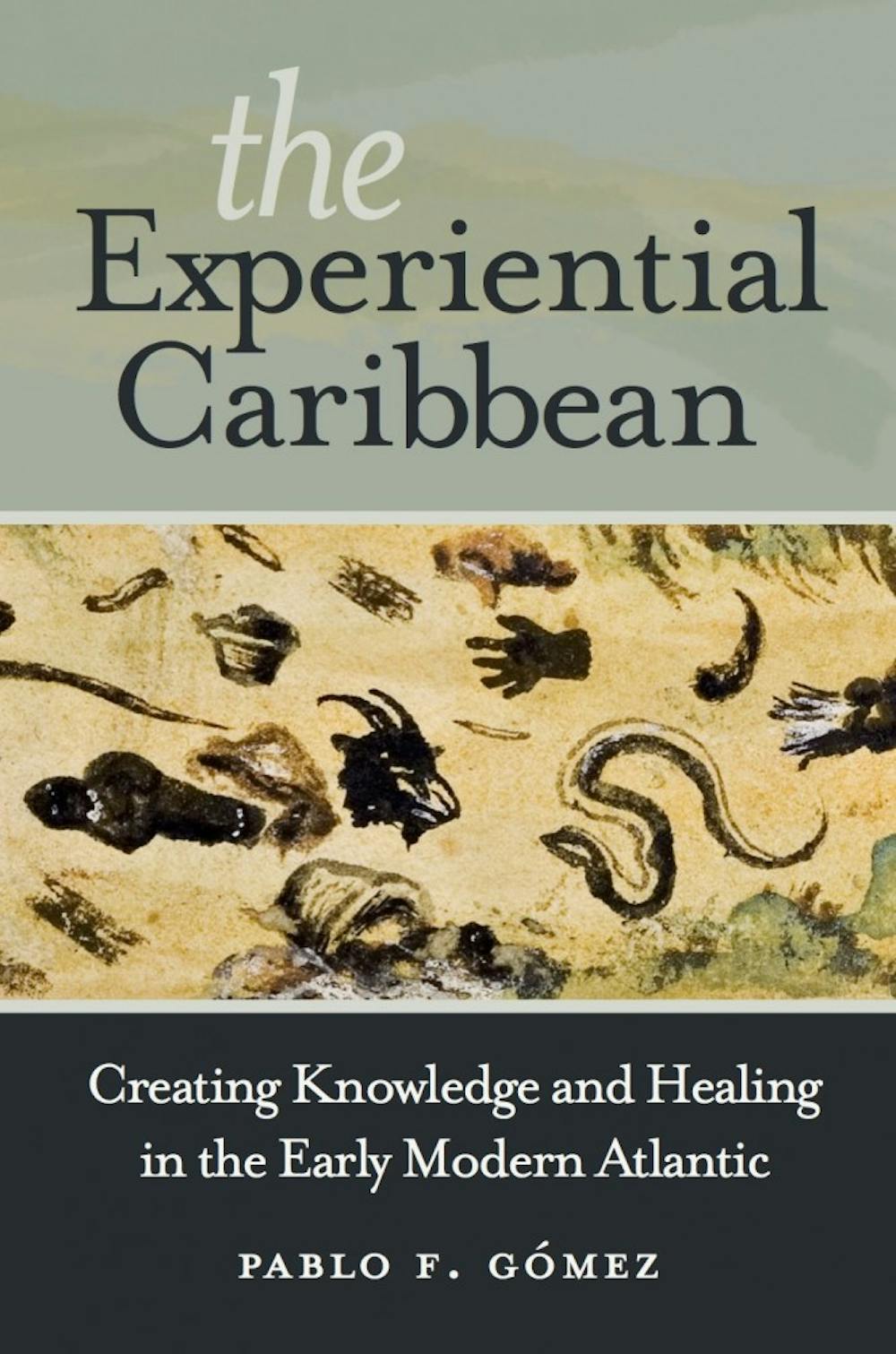As part of the author discussion series presented by the Sonja Haynes Stone Center, Pablo Gomez will discuss prevalent themes of 17th-century Caribbean knowledge-making processes in his book, "The Experiential Caribbean: Creating Knowledge and Healing in the Early Modern Atlantic," at the Bull’s Head Bookshop on April 5 from 3:30 to 5 p.m.
Gomez is an assistant professor in the Department of Medical History and Bioethics and the Department of History at the University of Wisconsin-Madison. His work focuses on the history of health in the early modern world, as well as perceptions of the human body and nature among African diaspora communities.
Staff writer Jessica Hardison spoke with Gomez about the topics that his book explores and what he hopes to discuss at the event.
The Daily Tar Heel: Can you provide a general overview of your book?
Pablo Gomez: "The Experiential Caribbean" is a book concerned about how people living in the 17th-century Caribbean conceived of their natural world and their bodies, and how they created knowledge about it. It is specifically interested in how most of the inhabitants of the Caribbean were of African descent, and many of them were slaves. The book discusses how they created new ways of engaging with disease and nature that most societies have only examined through the lenses of the so-called scientific revolution.
The project has two big aims: trying to localize and identify forms of creativity emerging in that violent world of slavery, and trying to have a mental intervention in histories of knowledge production. In other words, the innovation of creativity and models for empirically dealing with nature were not strictly European or coming from spaces in academia in Europe.
DTH: How did you think of the topic for this book?
PG: The topic of the book actually came out of examining a very rich set of sources that are very unique. These sources are records, which are not usual sources that we use to talk about histories of knowledge-making related to nature. They contain what are probably the best recordings of voices of both Africans and Black communities in the Caribbean and in the Americas up to the 19th century. It was through the combination of those sources that I realized that they were very much engaging with the same sort of intellectual processes that their contemporaries were, and that they were actually the most important knowledge makers and collectors of nature in the Caribbean at the time.
It was also very humbling to read these sources and realize the conditions of slavery. This slavery is different than that of the plantation systems of the 18th and 19th centuries. It is interesting and important how these men and women were able to create these very, very rich works. That is one of the things that challenged me to tell this history in a way that does not repeat certain kinds of narratives that either has people of African descent as doing the work of data collectors, or European projects that people have called natural histories, or natural philosophies or natural sciences-based projects, but did not portray them in processes that were only related to religion or to similar ways in which they have been portrayed in the past. It was inspiring figuring out new ways to tell their stories.



